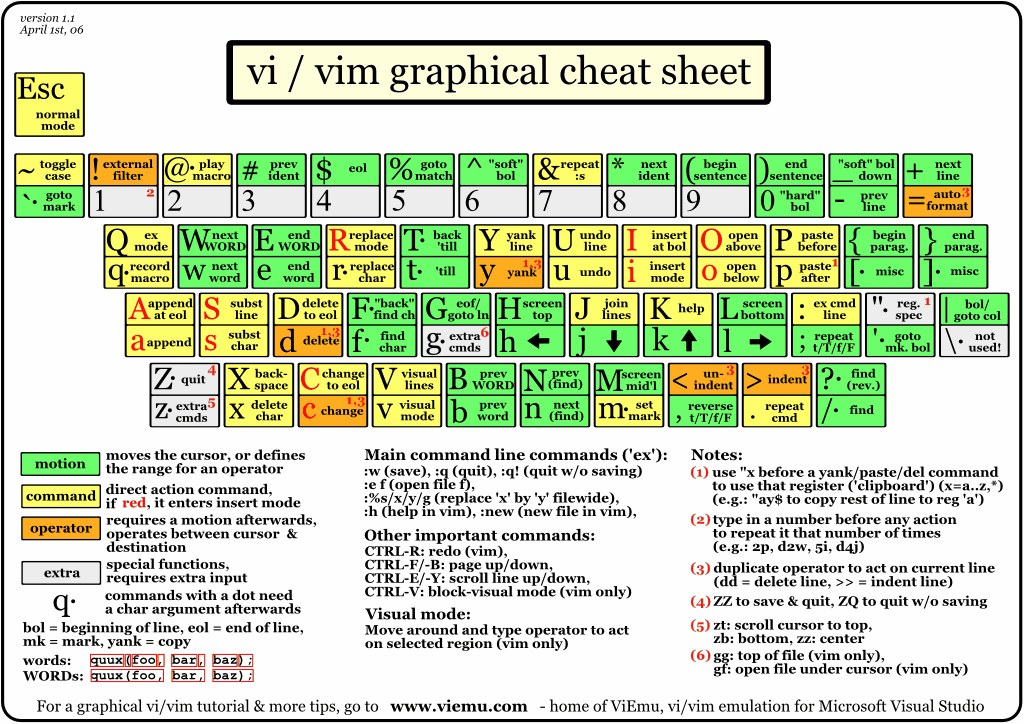Summary
Switch to a quick Hex mode (Linux)
Editing a binary file ends up looking something like this in Vim :
^B-^@^@^E^X^@^@�^@^M^@^[[38;5;4m^@^@^C^\^?^U^D��^@^Q^S^Z^Y^R^O^W^V^@^@^@^@0^@l^A^@^@^@^@^B-^@^@^E
^@^@^@�^@^M^@^[~J^@^@^C^\^?^U^D��^@^Q^S^Z^Y^R^O^W^V^@^@^@^@^B-^@^@^E^X^@^@�^@^M^@^[~J\^?^U^D��^@
Type the following to run the buffer through the xxd hex dump command on Linux:
:%!xxd
The buffer will change to the following:
0000000: 022d 0000 0518 0000 bd00 0d00 1bca 0000 .-..............
0000010: 031c 7f15 04ff ff00 1113 1a19 120f 1716 ................
0000020: 0000 0000 3000 6c01 0000 0000 022d 0000 ....0.l......-..
0000030: 0500 0000 bd00 0d00 1b8a 0000 031c 7f15 ................
This is not a true hex editor! Only changes in the hex columns will carry through a restore!
Restore the original with the following:
:%!xxd -r
Add to your Vim configuration:
" :w!!
" write the file when you accidentally opened it without the right (root) privileges
cmap w!! w !sudo tee % > /dev/null
Vi/Vim graphical cheat sheet
